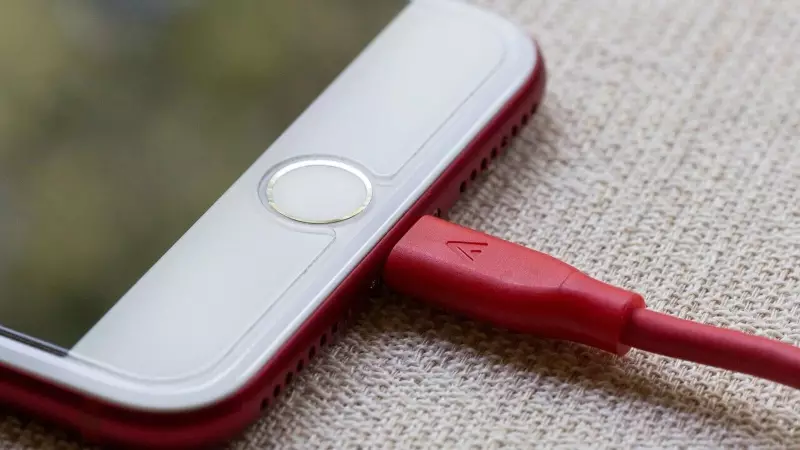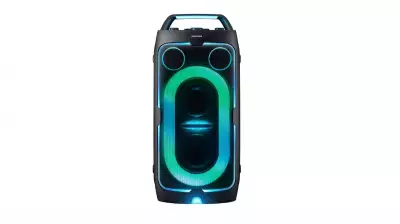
Are you guilty of plugging in your smartphone before bed and letting it charge until morning? You're not alone - but this common habit might be silently destroying your battery's longevity.
The Hidden Cost of Convenience
Modern smartphones use lithium-ion batteries that are designed to handle hundreds of charge cycles, but overnight charging creates a perfect storm of battery-damaging conditions. When your phone reaches 100% and remains connected to power, it enters a state called "trickle charging" - constantly topping up to maintain full capacity.
Why This Practice is Battery Suicide
Heat Generation: Continuous charging generates excess heat, one of the biggest enemies of lithium-ion batteries. This thermal stress accelerates chemical degradation.
Voltage Stress: Maintaining your battery at 100% for extended periods puts significant strain on its components, similar to how constant high blood pressure affects human health.
Reduced Cycle Count: Every battery has a limited number of charge cycles before significant capacity loss occurs. Overnight charging wastes these precious cycles unnecessarily.
Expert-Recommended Charging Habits
- The 20-80 Rule: Keep your battery between 20% and 80% charge for optimal health
- Avoid Extreme Temperatures: Never charge your phone in direct sunlight or on soft surfaces that trap heat
- Unplug at Full Charge: Disconnect your device once it reaches 100%
- Use Original Chargers: Cheap, uncertified chargers can deliver inconsistent power levels
Myth Busting: Common Charging Misconceptions
Many users believe they need to fully drain their batteries before recharging - this was true for older nickel-cadmium batteries but is harmful for modern lithium-ion technology. Similarly, the idea that you should always charge to 100% is outdated and potentially damaging.
Smart Solutions for Smarter Charging
Most modern smartphones include built-in optimization features that learn your charging patterns. Enable these settings and consider using smart plugs that can automatically turn off power once charging is complete. For heavy users, consider charging during shorter periods throughout the day rather than one long overnight session.
By adopting these simple changes, you could extend your battery's healthy lifespan by months or even years, saving money and reducing electronic waste in the process.





